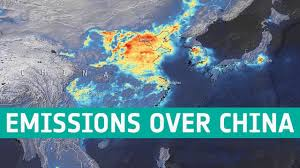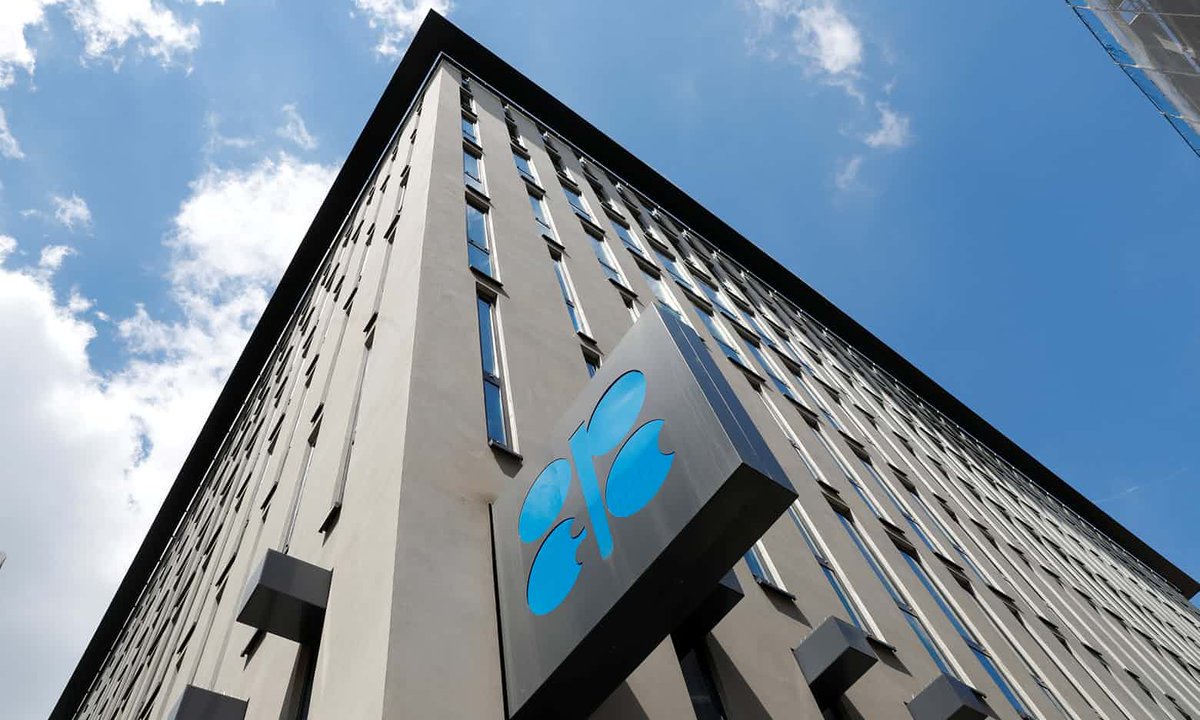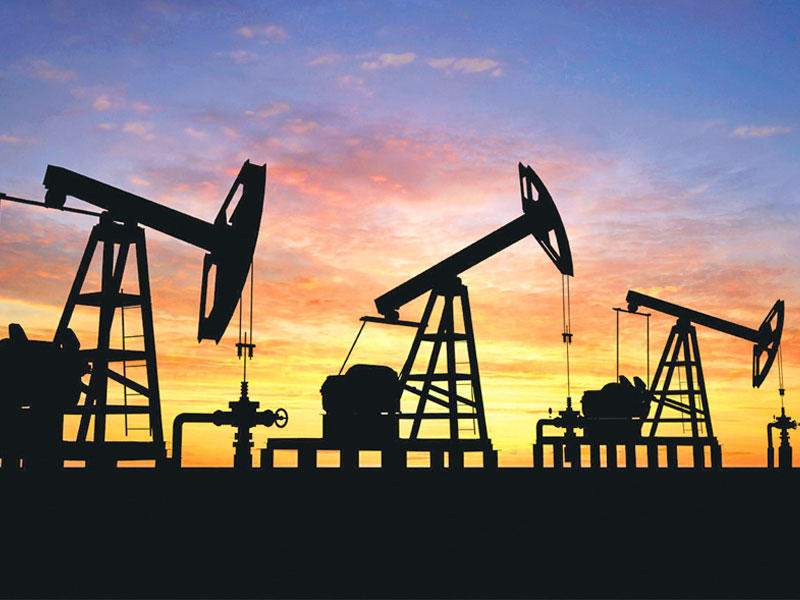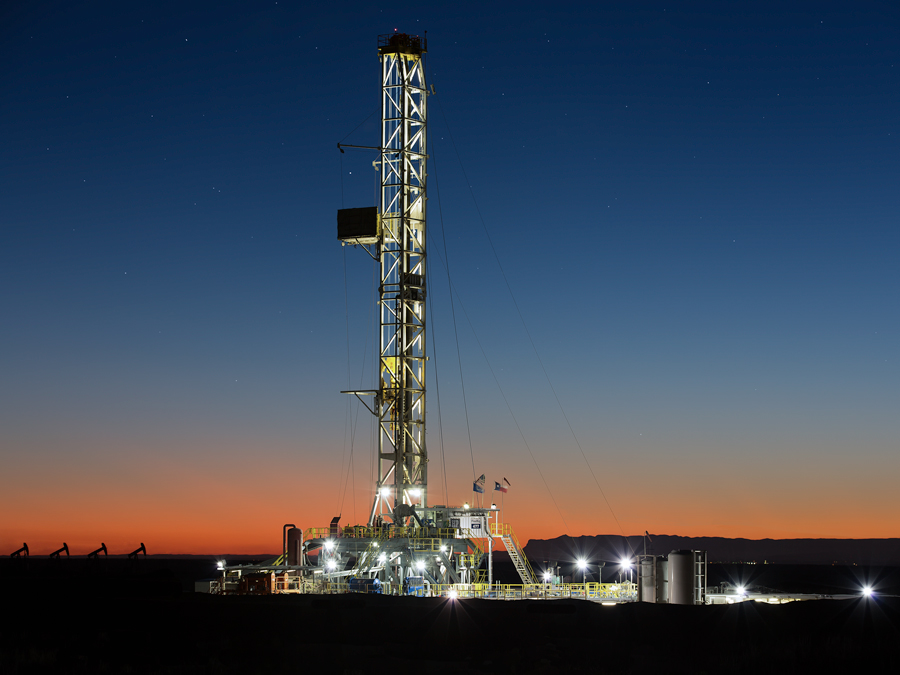
Short Thread on Canada's New Carbon Tax: 🇨🇦
1- Most of the reduction in the emissions in Europe since late 1980s happened because they shifted them to China & other countries as energy intensive factories & others moved out of Europe.
#Canada #climatechange #oil #OOTT
1- Most of the reduction in the emissions in Europe since late 1980s happened because they shifted them to China & other countries as energy intensive factories & others moved out of Europe.
#Canada #climatechange #oil #OOTT

2- The impact of renewable energy is small. If ALL EU countries switch ALL their cars to #Electricvehciles, assuming ALL electricity comes from solar & wind, they can reduce global emissions by only 2%.
3- European politicians are going to claim great success and show large decline in emissions to justify their massive spending on subsidies to support solar and wind. Although most of it was caused by factories leaving to China. #China #emissions
4- The same thing is going to happen in Canada with its new carbon tax!
Quebec's bail out on the new carbon tax means, based on the above analogy, that it will be Canada's little China. The rest will be the little EU.
#Canada #Quebec #emissions
Quebec's bail out on the new carbon tax means, based on the above analogy, that it will be Canada's little China. The rest will be the little EU.
#Canada #Quebec #emissions
5- Factories will move to Quebec. Emissions will increase, while they decrease substantially in other places.
Leftist politicians will celebrate the success of the carbon tax, while ignoring the fact that most of the decline in emissions was a "transferred" emissions.
Leftist politicians will celebrate the success of the carbon tax, while ignoring the fact that most of the decline in emissions was a "transferred" emissions.
6- Quebec might experience an economic and real estate boom that has never seen before. But just like China, emissions will rise.
Carbon prices in Quebec will be about one tenth of that in the rest of Canada! That is pretty attractive to emitters
#RealEstate #Canada
Carbon prices in Quebec will be about one tenth of that in the rest of Canada! That is pretty attractive to emitters
#RealEstate #Canada
7- Imposing a tax on the use of certain product & then giving rebates will not give the consumer all his money back
Any tax on a product has a price & income effects. The rebate is only for the price effect. The consumer will not get back compensation for the lost income effect
Any tax on a product has a price & income effects. The rebate is only for the price effect. The consumer will not get back compensation for the lost income effect
8- Side point, most Canadians, just similar to many Americans, like trucks and SUVs. Forcing people to do something against their wishes by making what they like pretty expensive was a problem for a country that collapsed miserably before our eyes!
9- Can someone tell me what most Canadians use to heat their homes?
I am thinking about starting a website to sell blankets to Canadians!
@jkenney
#Canada #climatechange #Carbon #CarbonTax
I am thinking about starting a website to sell blankets to Canadians!
@jkenney
#Canada #climatechange #Carbon #CarbonTax
• • •
Missing some Tweet in this thread? You can try to
force a refresh







